This is often the first challenge a new job hunter will face. You want to find the right job for you by matching the type of work with your interests, personality and skill set.
The “My Future” website is an interactive website aimed at helping young people to explore their career options. The website helps you explore the world of work, identify your interests and skill, set career goals and plan how to achieve them. The website explains everything you need to know when it comes to training options, jobs, setting up a business, gaining practical experience and further studies.
Another awesome website that summarises different types of jobs and careers (as well as some other resources like help with networking and resume writing) is Job Jumpstart , or you can take the Career Quiz at Job Outlook.
If you are looking at breaking into the workforce for the first time and don’t have a clear idea about what to go for, or just want a first job to make a start on earning some money and gaining general experience, then there are a couple of industries to consider. Jobs in any of these industries are a good way to build skills such as customer service, communication and product knowledge:
1) Hospitality – often you won’t need experience to land a job as a kitchen-hand, dishwasher or waiter. It’s worth looking at any local restaurants, pubs, cafes and hotels.
2) Retail – it can be very useful to spend a day at a Mall or Shopping Centre asking around supermarkets and other stores whether they need anyone.
3) Fast Food – most of the time no experience is required and these can be a good starting point as a first job.
Breaking into the workforce for the first time can be really challenging. Often employers are looking for experience which is difficult when you are just starting out. Sometimes it may be worth thinking about volunteering for a day a week, to learn skills, and show your willingness to gain that experience.
Ask yourself: What am I good at, what am I passionate about, what are my skills and talents? It’s important to be honest with yourself. There are jobs that match you, waiting to be found.
TYPES OF WORK
There are different types of work that you can get. When you’re starting out your first job is often part time or casual. Maybe you are trying to balance making some money while you go to school. In Australia finding part-time and casual work can be easier than finding a full-time job. If your employer can rely on you and likes the work you do, you may be offered more hours.
Which type suits you?
Full-time employment
Full-time workers are employed on a permanent basis and usually work a 38-hour week.
Part-time work
Part-time workers are permanent employees who usually work:
• Less than 35 hours per week; and
• Have reasonably predictable hours of work; and
• Receive pay and conditions in line with full-time employees, for example sick leave.
Casual work
Casual workers are in temporary employment which does not offer the protection of a permanent job. Casual workers don’t receive the benefits of continuous employment such as sick leave or holiday pay.
Volunteer work
Volunteer work is work done for no pay to get experience in a work area that you enjoy. It can be a good starting point for getting yourself known to an employer and showing that you are reliable. You can also put the experience on your resume, which will also show all potential employers how committed you are to gaining experience.
Apprenticeships
Apprenticeships and traineeships combine both practical experience at work with structured training. Apprenticeships are generally in traditional technical trades like bricklaying or cabinet making. Traineeships are usually in non-trade areas such as hospitality, business, manufacturing and health.
New Apprenticeships Centres (NACs) provide Apprenticeship and Traineeship information and services to employers and people interested in becoming an Apprentice or Trainee.
For more information on the new apprenticeship options for job seekers.
Call 1800 639 629
www.australianapprenticeships.gov.au/





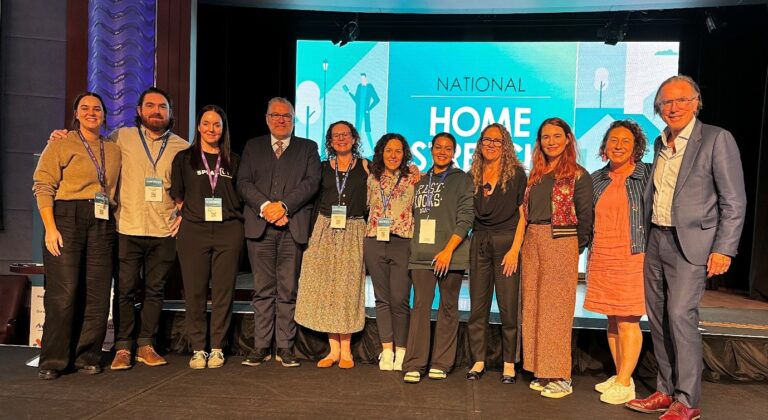

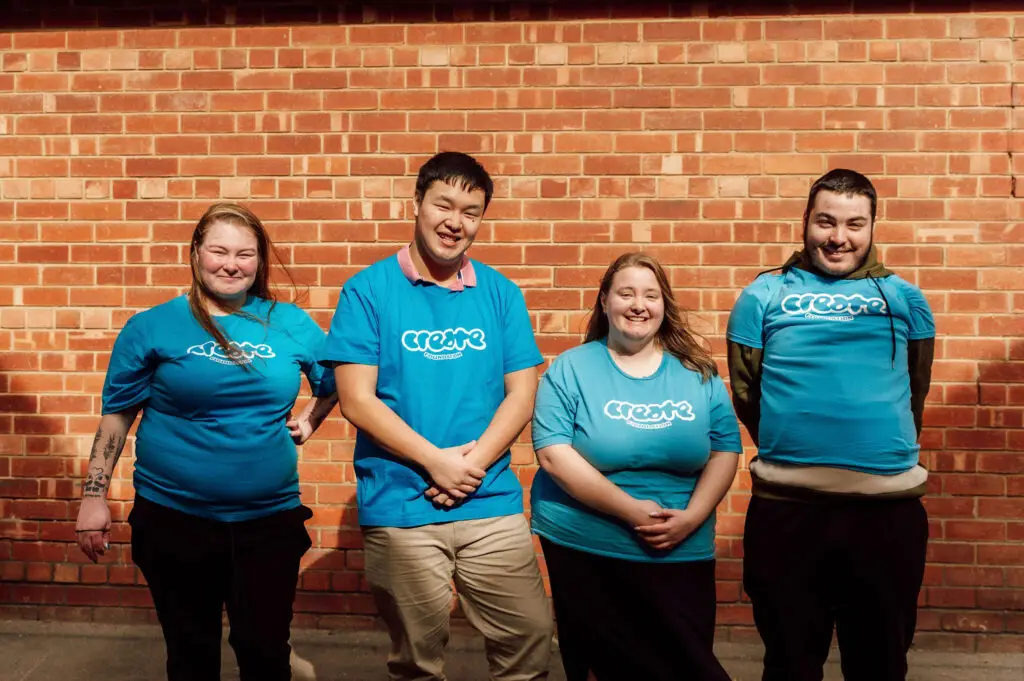





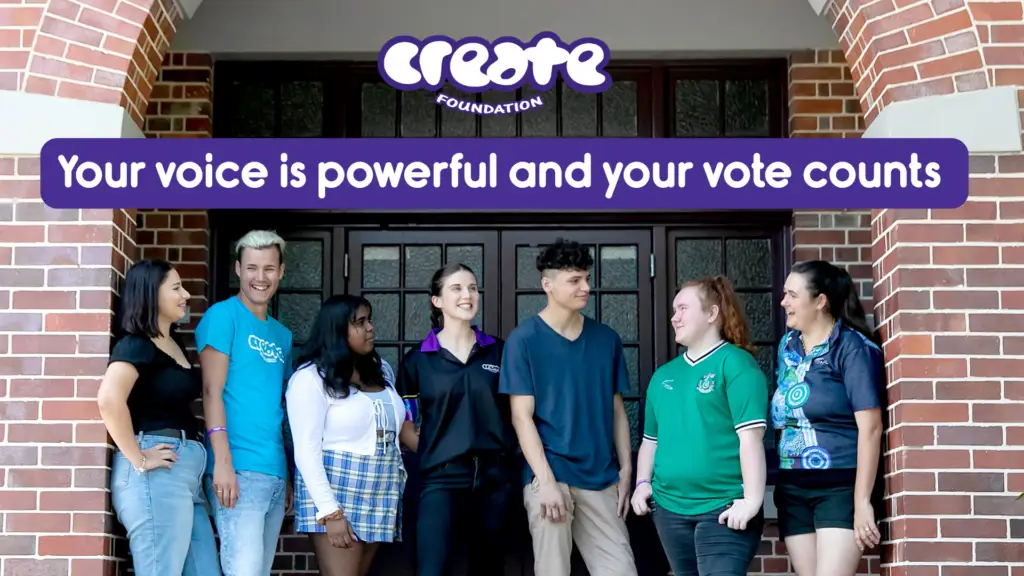
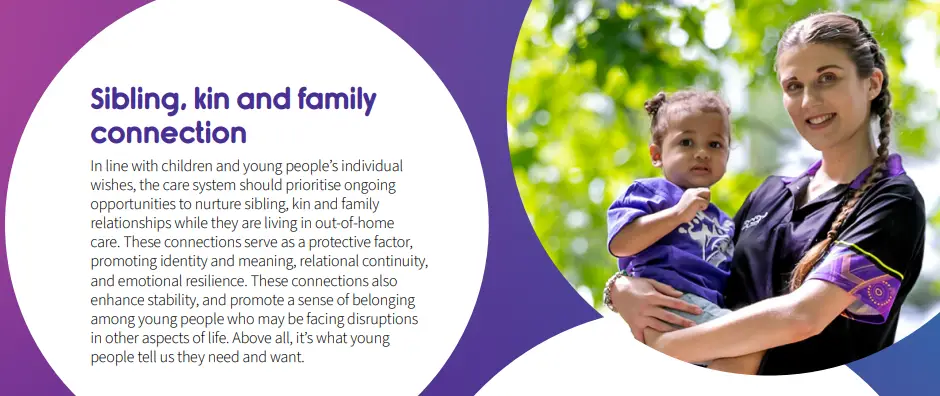
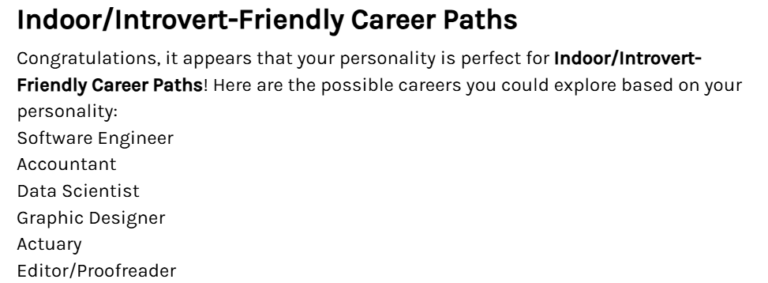
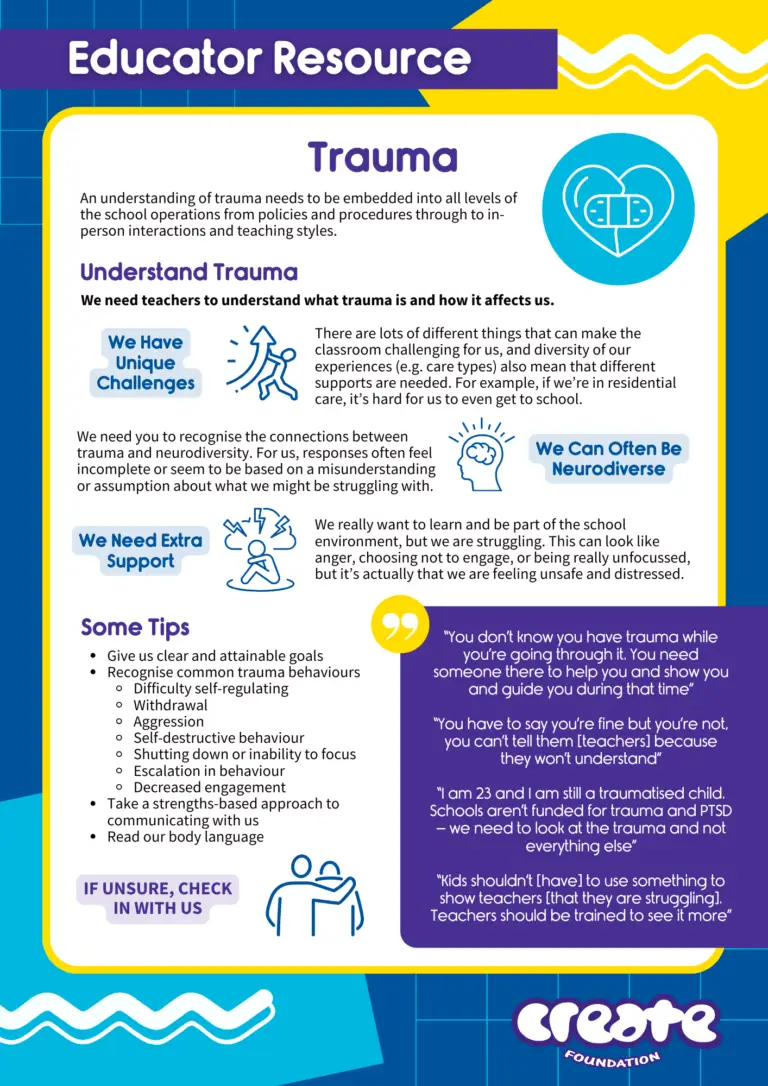


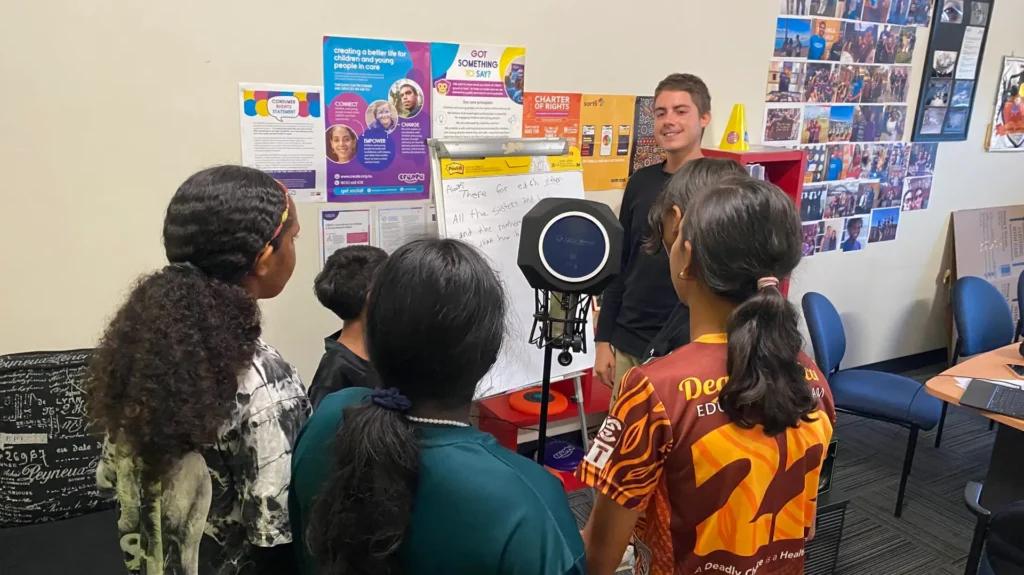

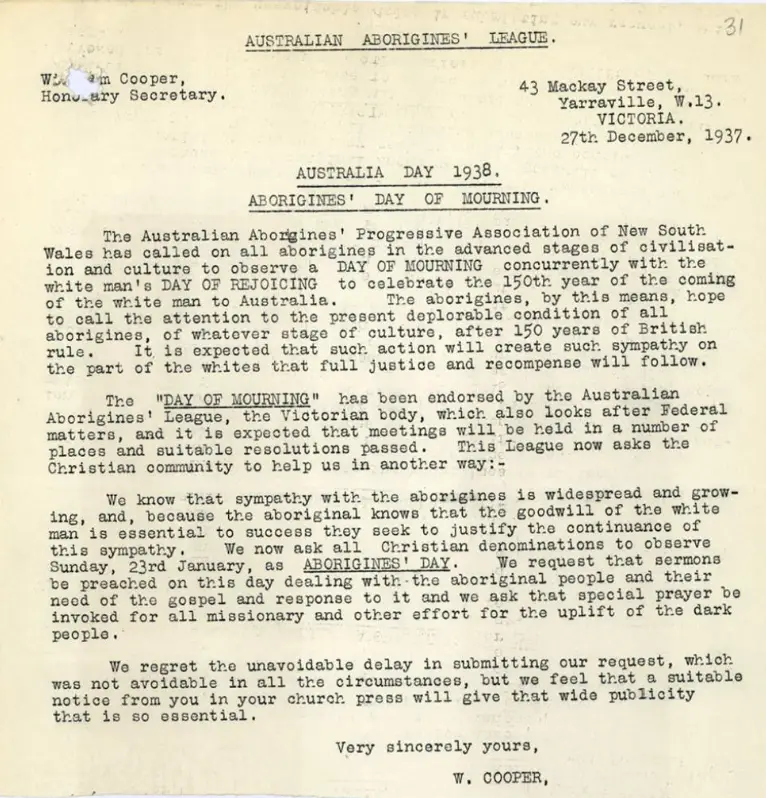

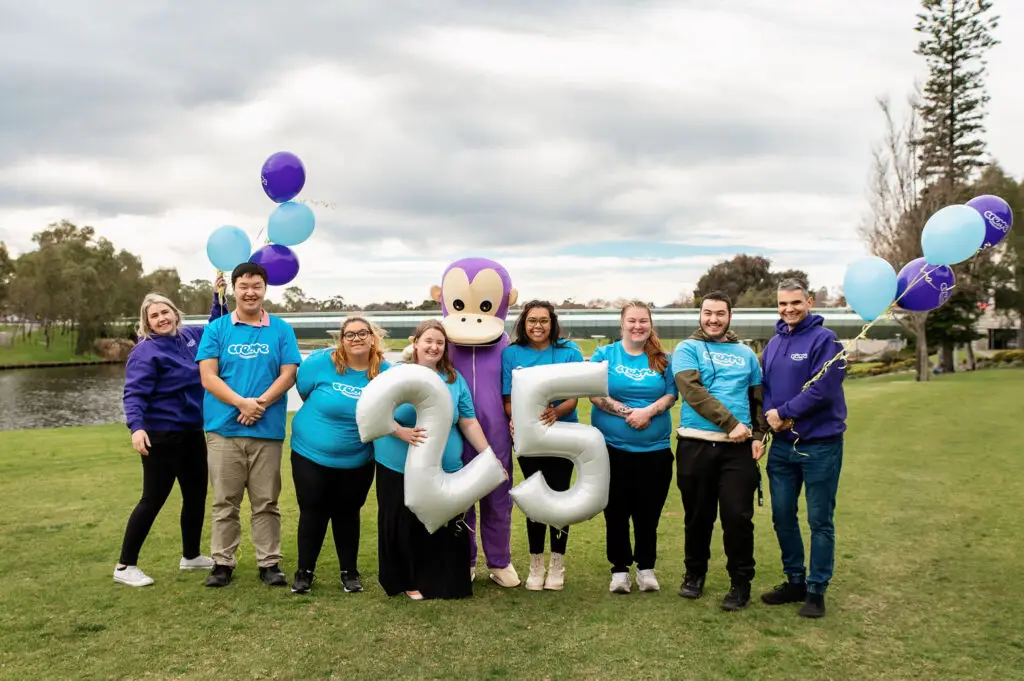

like create on facebook